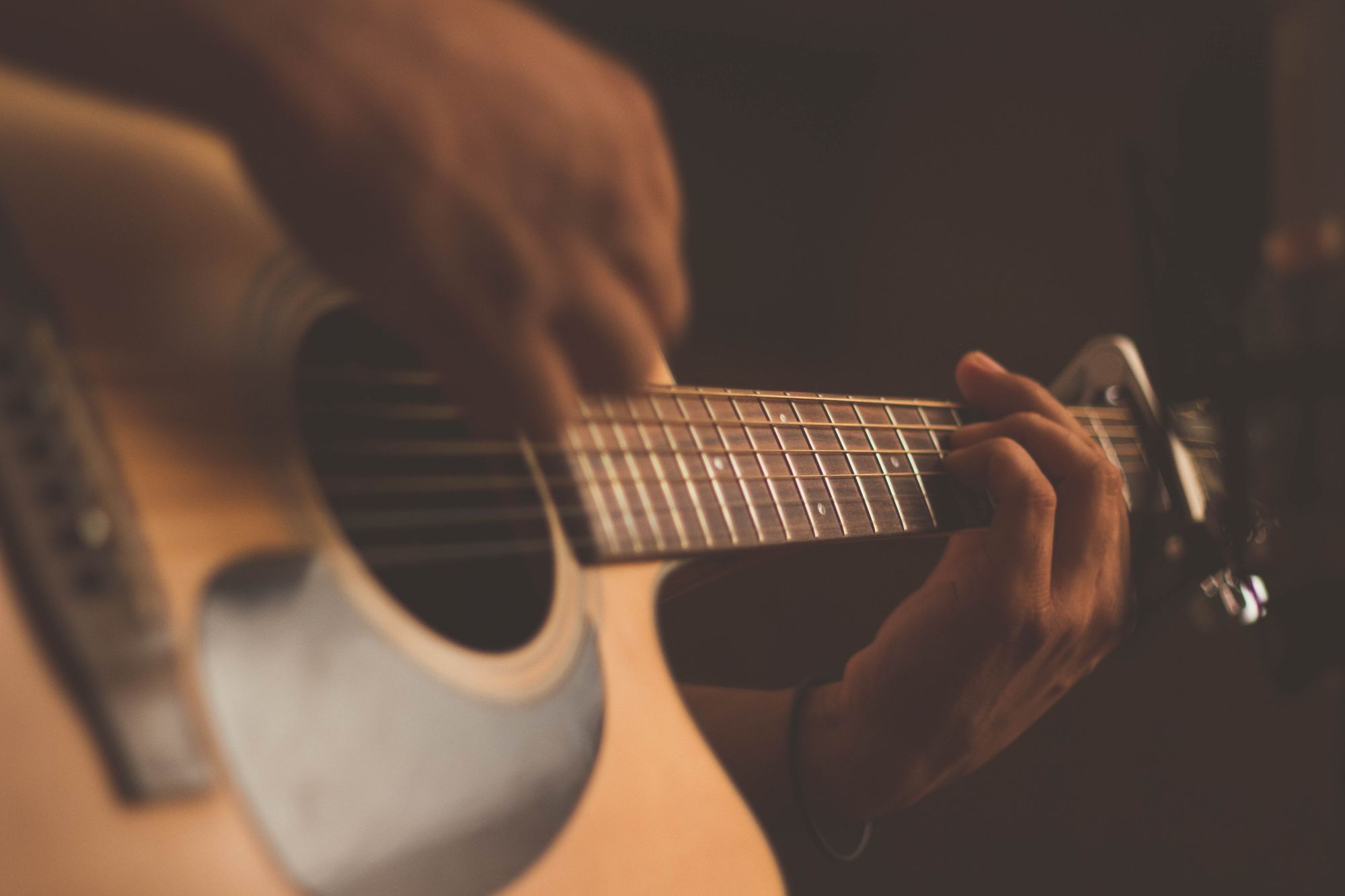Essentials
Podcasting Essentials
Related articles:
NOTE: This article is general information and does not constitute legal advice. Please consult a licensed attorney to address your specific copyright issues.
If you have a podcast, copyright laws and the DMCA are essential to understand. The DMCA (short for the Digital Millennium Copyright Act) affects all online content creators, from podcasters and influencers to photographers and musicians. If you’ve ever seen a DMCA strike or received a takedown notice, you’re not alone. It’s a common occurrence in the world of podcasts and can get your episodes demonetized or even taken down.
But what exactly is the DMCA? How does it affect podcasters specifically? And what can you do to protect your content from these pesky regulations and takedowns? At Slip.stream, our experts specialize in protecting creators like you with royalty free songs and sound effects. So we wrote this article to help you make sense of it all, whether you’re a podcasting pro or a beginner.
So read on below for a full breakdown of the DMCA and how it affects your podcasts.
What Is The DMCA? What does DMCA Stand For?
The DMCA (Digital Millennium Copyright Act) is an American law passed in 1998. It was made to protect copyrighted content and materials from being distributed freely on the internet.
The DMCA covers all kinds of copyrighted content, from music and TV/movie clips to photographs, articles and beyond. Though it’s an American law, anyone in the world can use the DMCA to safeguard their copyrighted content. And all people and companies in the US (or even international companies with servers in the US) have to follow the rules.
If you’re putting anything online that involves copyright, the DMCA is the law of the land.
How Does The DMCA Affect Podcasters and Podcasts?
In short, the DMCA prevents podcasters from using copyrighted material without permission from the owner. And if you want, you can copyright your podcast and use the DMCA to prevent others from using your sounds in their work.
If you use a copyrighted song or audio clip in your podcast without your permission, the author can issue a “takedown notice.” That means they’re requesting that the platform (Spotify, Apple Podcasts, etc.) take down the episode. On most podcast platforms, you can file a counterclaim if you believe it’s a mistake. But rack up enough violations, called “strikes,” and your show can be removed permanently.
An important note: The copyright owner may not be who you think it is. Song licenses are often owned by a record label or management company, NOT the artists themselves. So even if an artist approves the use of their music in a podcast, you still need to do your due diligence and get permission from the true owner of the song!
How Can You Avoid DMCA Strikes & Takedowns?
The easiest way to avoid problems with the DMCA is to avoid using copyrighted material entirely. Let’s break down how you can do that:
For theme and background music: Companies are especially strict with music. That’s why there are services that provide royalty free music and sound effects that podcasters can use. ‘Royalty free’ means you can use the content without paying royalties. Subscription services like Slip.stream allow you to pay a low monthly fee for unlimited access to thousands of professional songs and sound effects (use code SIMPLECAST for 20% off your Slip.stream plan). Or if you’re strapped for cash, there are some free songs/playlists you can find by searching sites like YouTube and Soundcloud.
For movie and TV clips: Under Fair Use, you may be able to use copyrighted clips for the purpose of commentary or criticism (we’ll have more on Fair Use later). But to be safe, you should avoid using these clips completely. Instead, you can paraphrase or describe any scenes as they pertain to your podcast. Quotes and lines from movies are rarely copyright protected according to Rebecca Shaw, so you should be safe repeating any dialogue from the work.
For artwork and cover images: You can either purchase a photo/custom design or create your own. Adobe provides a few templates in this department, for the artistically inclined. Or if you prefer to hire someone else, there are plenty of talented creators on Fiverr or Upwork who can bring your ideas to life.
Fair Use of Copyrighted Content.
You may have heard of “fair use” as a way to get around copyright laws. Let’s break down what that is and where it does (and doesn’t) protect you:
Fair Use is a special set of cases where you can legally use copyrighted materials without getting permission from the owner. These cases include news coverage, comments/criticisms on the work, parody and for research. They only apply if you’re in the US.
But it’s not as simple as it sounds. A lot of people get the idea that they can use small technicalities to get around the DMCA. For example, they think if they change one word in a song, it can be called a parody. The truth is that for all Fair Use cases, the details are intricate and you should consult a lawyer if you want to be safe.
Fair Use is something that can be escalated and taken to court. So even if you believe you are using Fair Use properly, your podcasts can still be flagged or taken down in some cases. So if you want to defend your podcasts using Fair Use, be sure to get legal help and be ready to argue your case.
What About the “30 Second Rule” ? Can I Use Short Clips?
There’s a common myth that sounds or clips under 30 seconds cannot be copyright claimed. This is false. Copyright claims and DMCA strikes can take place on any unauthorized use of copyrighted material. Even if they are under 30 seconds.
I Got A DMCA Notice. What Should I Do?
When you get a notice, take the following steps.
Read the notice carefully. Look specifically for what material is claimed to have been used and check your content, if possible, to find when and where the content came up. Automatic systems can make mistakes. Every notice should include:
- A signature of the copyright owner
- What copyrighted work was in the content, with specifics of what portion.
- The copyright owner’s contact information
- A statement that permission was not granted to use the copyrighted work
- A statement that the notice is accurate and that the person filing the notice has the right to enforce the owner’s copyrights.
Find the platform’s DMCA policy. These policies can be very different from platform to platform. Read it in detail and understand what your obligations are, what your tools are to appeal, and what happens next.
Reply to the notice immediately. If possible, offer a detailed explanation why you’re filing a counterclaim. If you decide to remove the content yourself, do that and inform the platform and copyright holder of doing so.
To Sum it Up: Why the DMCA Matters and What You Need to Know.
If you skipped ahead and just want to know what really matters, here it is in a nutshell:
DMCA strikes and violations are annoying. Getting your podcast flagged and taken down is a pain to deal with. It can interfere with your listenership and revenue, and adds a lot of unnecessary stress to your life. So protect your podcasts proactively.
Your best bet is to steer clear of any copyrighted materials, songs, sounds and art. Use royalty free music and sound effects, which are protected from copyright claims. Paraphrase any TV shows, movies and radio broadcasts you want to quote. Create your own original content. That’s something that can never be claimed by someone else.
If you do want to get around the DMCA with a Fair Use argument, be careful and get legal help. In most cases, you’ll just get the usual DMCA takedowns and notices. But in some cases, things can escalate if you don’t cooperate with companies who set their sights on you.
We hope you found this guide useful. It was written in partnership with Slip.stream, the world’s largest library of royalty free music and sound effects for podcasters. Get started for free and unlock 1000+ free songs. And upgrade using code SIMPLECAST to save 20% on your plan. [Sign Up Now!]

